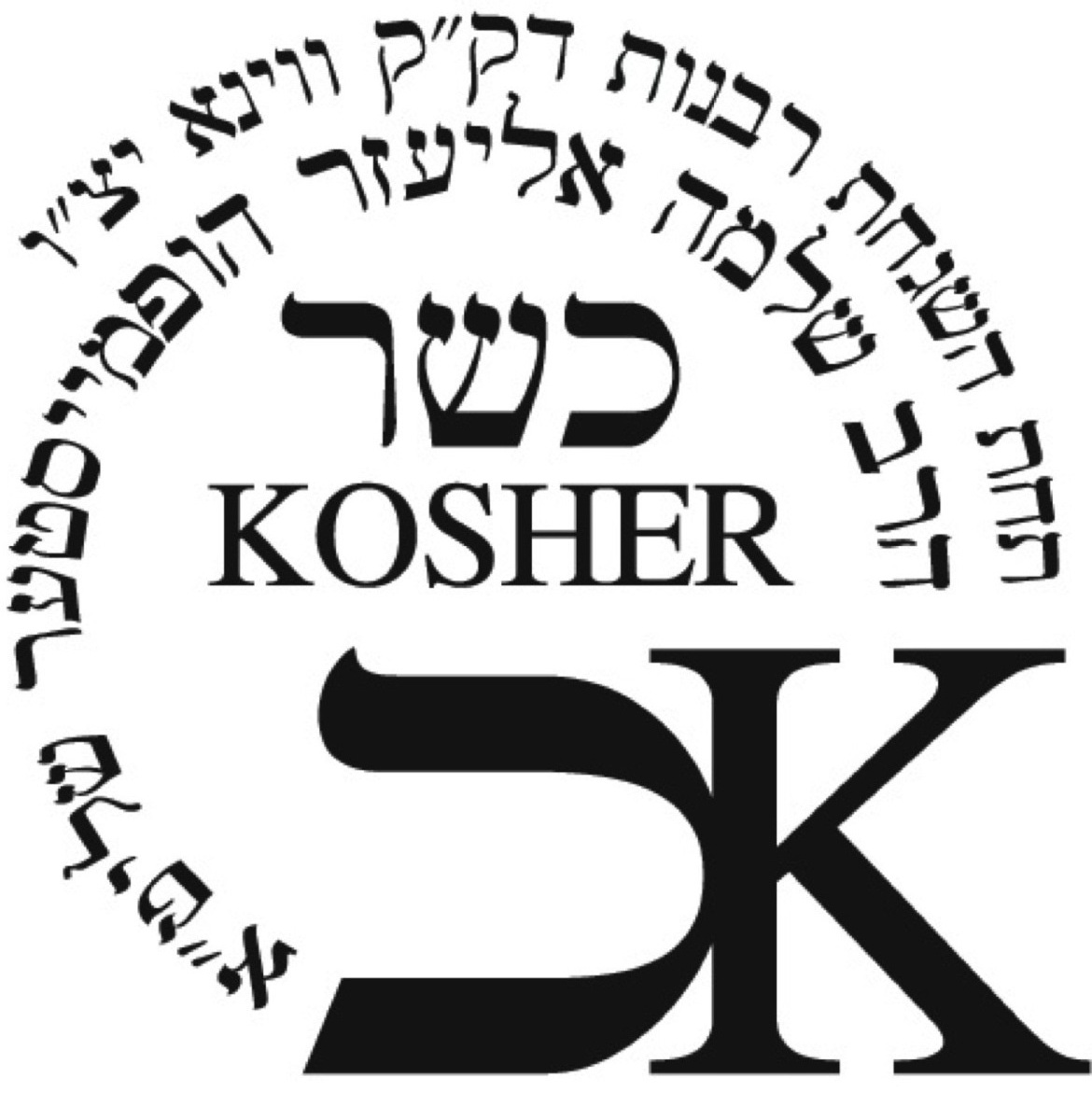
The phrase ‘I’m not quite kosher’ is well known. This is often used in context to describe a circumstance that is not quite appealing or strange to you. But what is really behind this term?
Kosher (literally ‘fit’) refers to all foods that are compatible with the Jewish food law (‘Kaschrut’). Faithful Jews are only allowed to eat kosher food, non-kosher food (‘trefe’) are prohibited. Orthodox Jews, in particular, pay close attention to the strict observance of a kosher diet. It is known, for example, that the meat of pigs, wild animals and horses is prohibited, so ‘trefe’ is. Milk and meat products must also be strictly separated from each other and must not come into contact with each other. Blood must not be eaten and eggs must be carefully checked for blood before they can be described as ‘kosher’. The strict rules of the Kashrut may result in Jewish Orthodox households that dishes, tea towels and even kitchen appliances in multiple versions are present. The consumption of alcohol is generally allowed to Jews. However, there are special conditions for the production of wine and all drinks made from fermented grapes. This has to do with the fact that wine in other religions such as Christianity has a ritual meaning and thus there is a risk that this is used in the context of idolatry. In the case of pear products such as pear must, things look different, for example. However, alcoholic products, such as our fine brandies, can be described as kosher, so the processing process must be consistent with the kashrut.
Kosher products by Farthofer
To help Orthodox Jews determine whether processed products are kosher, there is a Kosher certificate that identifies the products. In our distillery we make a total of 22 different liquors and spirits kosher. So that they can be described as kosher, they must not contradict the dietary rules of Judaism. For example, certain breeding yeasts may not be used. However, since we rely on vegan yeasts, we do not have this problem. Also, clarifiers, such as gelatin, of course, must not be used. Our organic and highly natural production, which produces particularly pure and high-quality products, benefits us in certification. Rabbi Hofmeister was immediately enthusiastic about our products, as it is important to him to constantly expand the variety of products for observant Jews. If you look closely, the so-called ‘Hechscher’, the Kosher seal, stands out on our cider, gin, vodka or rum bottle.






